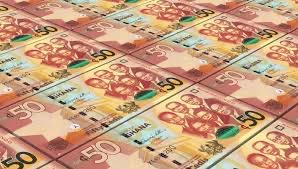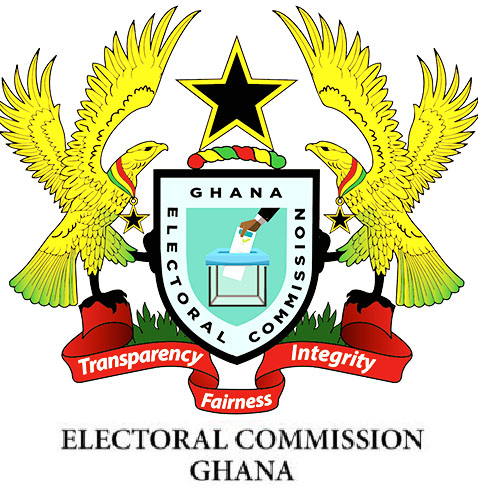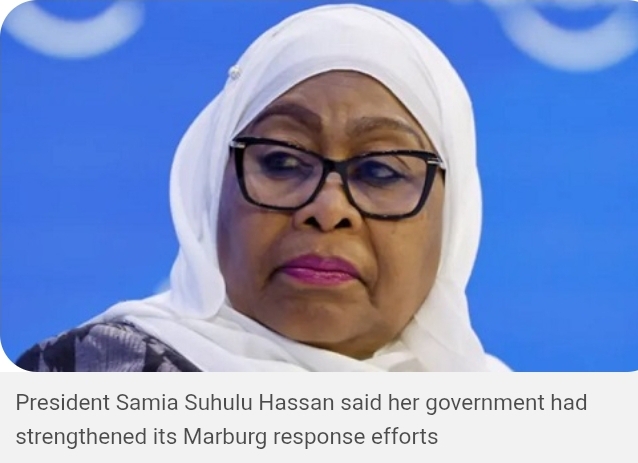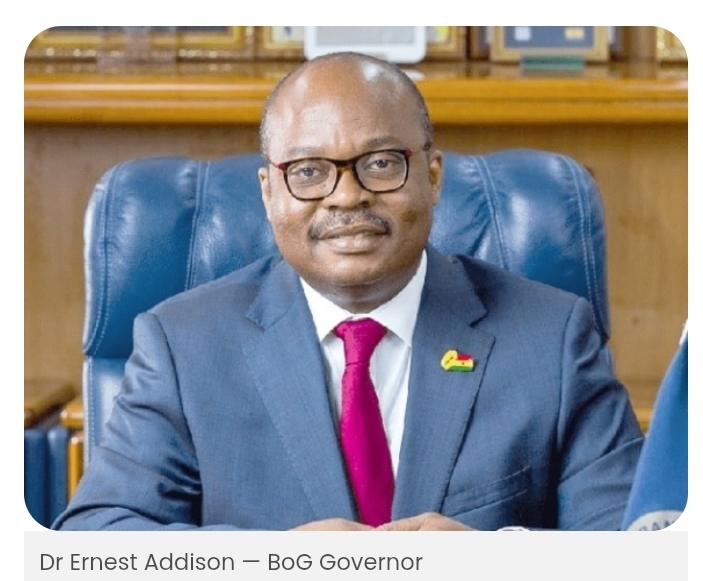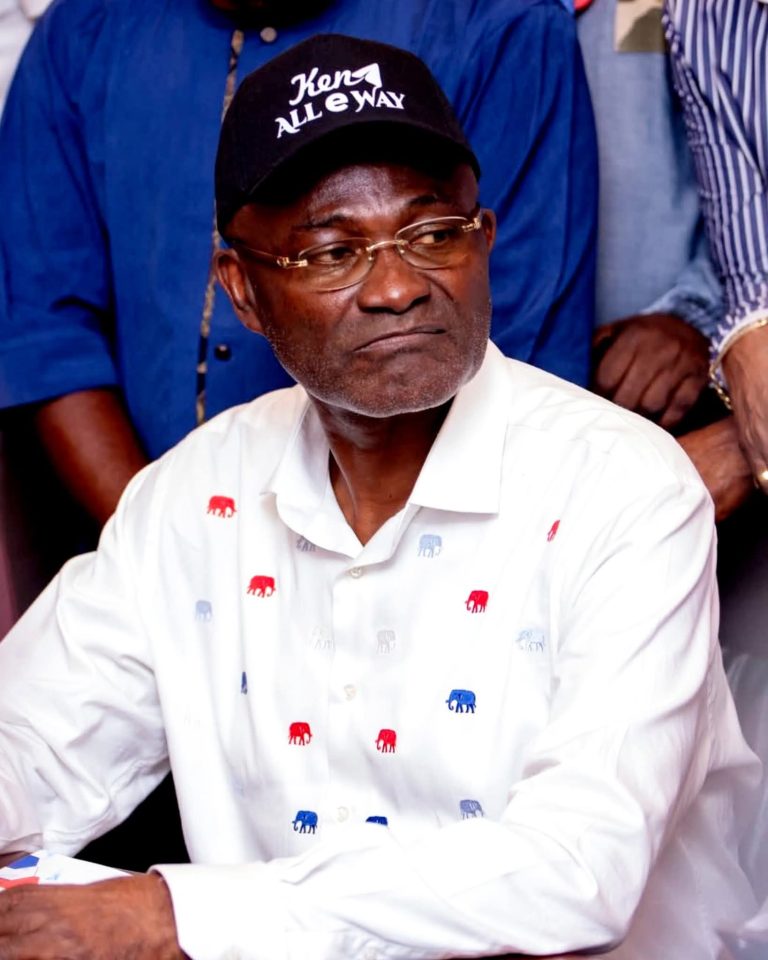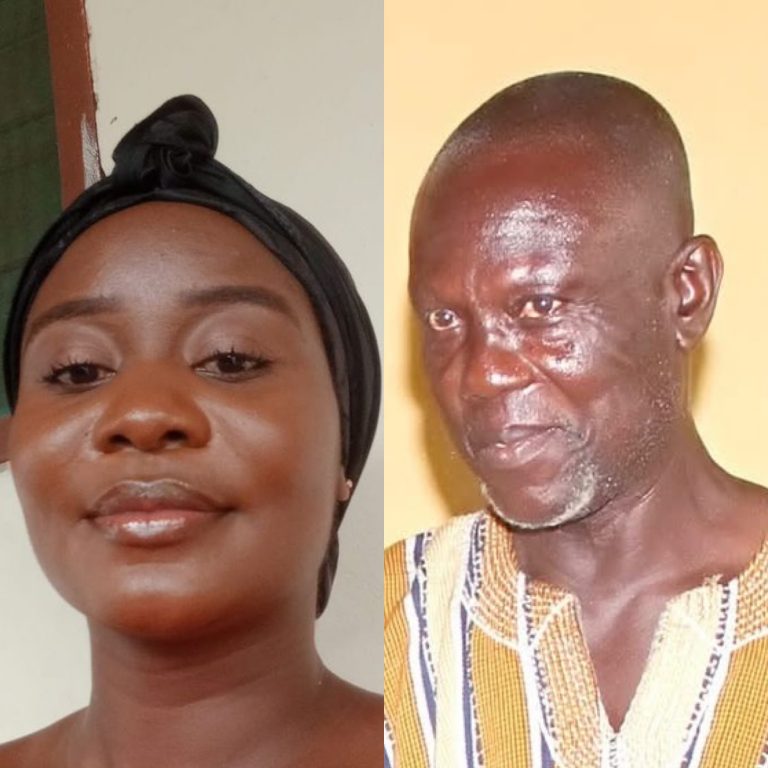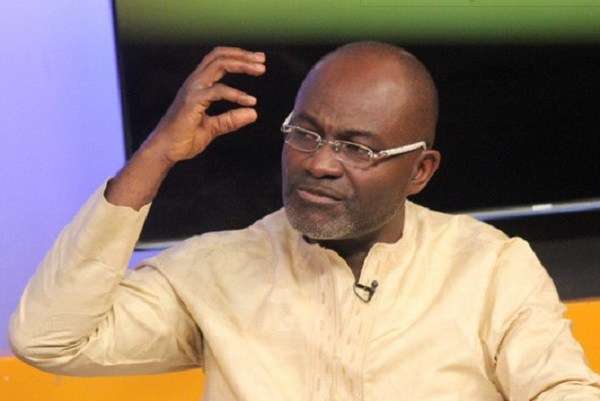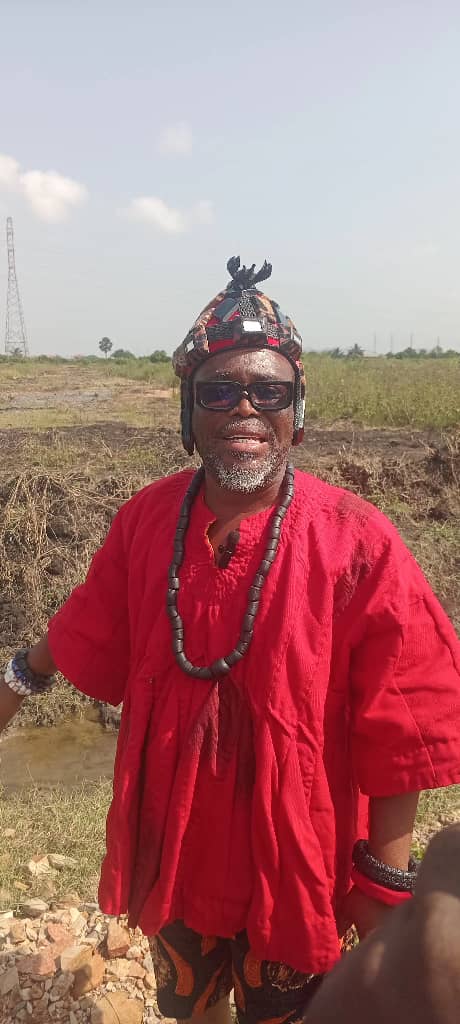The Ghanaian cedi has strengthened on the foreign exchange market in 2025, buoyed by tighter fiscal discipline and significant progress on debt restructuring efforts.
According to the World Bank’s 9th Ghana Economic Update, the cedi’s rebound reflects improving macroeconomic fundamentals, including declining inflation and increased investor confidence.
After remaining stubbornly above 20% throughout 2024, inflation has begun to ease this year. Ghana’s headline inflation dropped to 12.1% in July 2025, down from 13.7% in June, marking the seventh consecutive monthly decline and the lowest level since October 2021.
The World Bank attributes this improved outlook to government spending restraint and the implementation of new fiscal rules during the first half of 2025, key indicators of renewed fiscal discipline.
Debt restructuring has also provided much-needed relief. Following the successful Eurobond exchange in late 2024 and the signing of a Memorandum of Understanding (MoU) with official creditors in January 2025, Ghana is steadily advancing toward debt sustainability. On July 25, 2025, Ghana and France signed a bilateral agreement formalizing debt relief as part of the broader external debt restructuring program.
Negotiations with commercial creditors are ongoing, but the World Bank notes that the trajectory remains positive.
Ghana’s external sector has further supported the recovery. Rising gold exports, strong remittance inflows, and improved foreign direct investment (FDI) have helped shift the current account into surplus and rebuild foreign exchange reserves.
However, the Bank cautions that challenges remain. It projects GDP growth to slow to 3.9% in 2025 amid continued fiscal consolidation. Growth is expected to rebound to 5% by 2028, driven by rising private consumption, remittances, and new oil production.
To sustain this recovery, the World Bank underscores the need for consistent revenue mobilisation, tighter expenditure controls, and deep structural reforms, particularly in underperforming state-owned enterprises like COCOBOD and the Electricity Company of Ghana (ECG).

